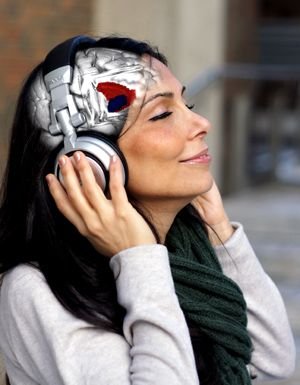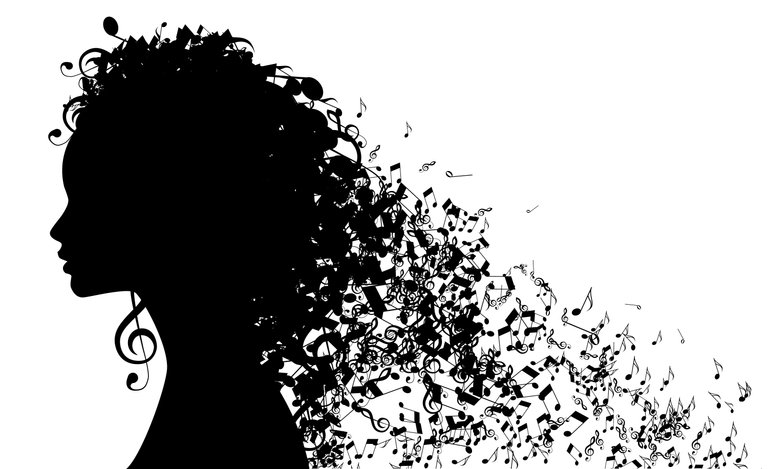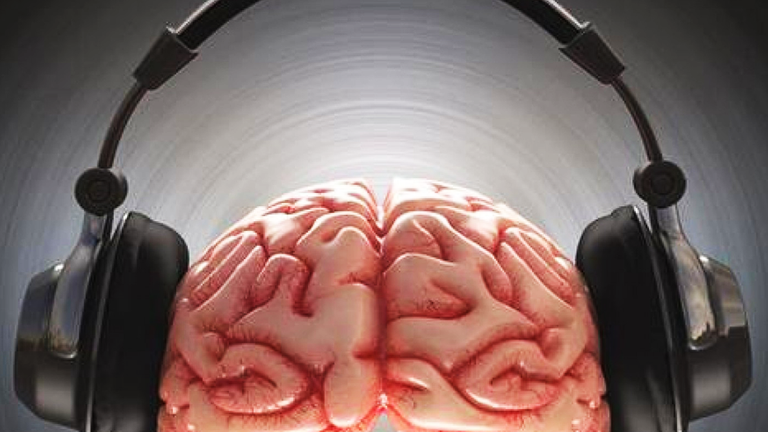Whether a tremor runs down your back, or you feel a warm romantic feeling or the hairs on your arms stand up... whatever it may be, it is a moment of sublime pleasure.
Music is the shorthand of emotion, said the Russian writer Leon Tolstoy, and the precise mechanism of this tingling factor remains a physiological mystery.

What exactly is happening in the brain and body when it occurs?
Can neuroscience explain it?
And, with that knowledge, can it be used, for example, in the treatment of neurological disabilities?

That sensation that makes the body tremble
Music is a universal message. Listening is almost invariably on the list of the ten things that people find most enjoyable. However, by itself, it has no practical function. Unlike food, love and sex, or survival instincts, music has no biological value.
Their relationship to our emotions produces that tingling, and scientists have measured these physical effects and explored the reason for them to occur.

What is happening when we experience the tingling factor?
Many people experience the tingling factor by hearing certain musical moments, this effect is not imaginary, scientists have measured it.
The body experiences physiological changes: skin conductance increases, hair bristles, heart rate increases, body temperature drops, breathing speeds up. Tingling or shivering occurs in the highest moments of musical pleasure.
For the brain it is intensely rewarding.
This is a personal experience: Sad music is more likely to generate more "tingling" than happy, but the key is what each individual feels pleasurable: two people listening to the same piece of music will not necessarily experience the same feelings.

The centers of the brain that are involved in the effect are those of gratification, motivation, planning and emotion, but that activity can be translated into physical and visceral, for example, singing, drumming or applauding to the rhythm of music.
This physical response is linked to the development of language in humans, and to social interactions from the time of the most primitive cultures.